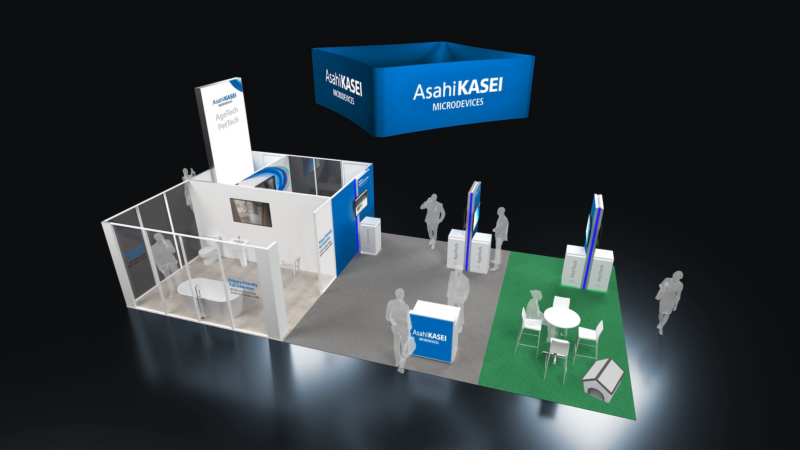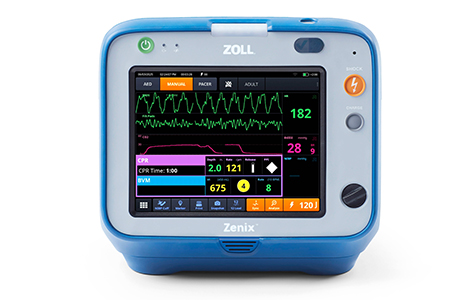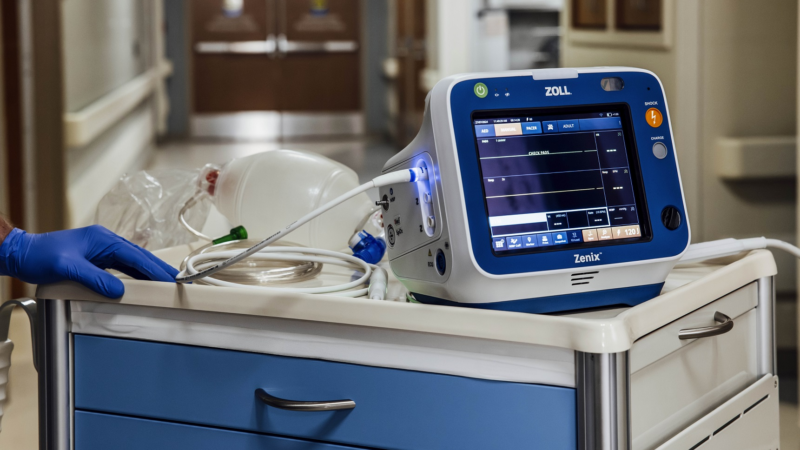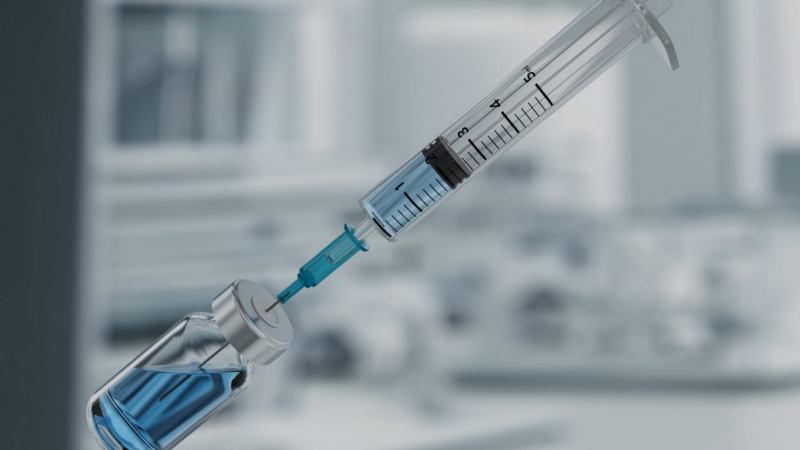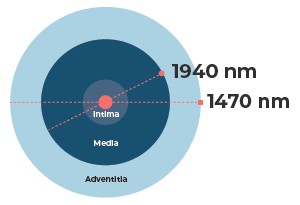The healthcare industry is one of the most important industries worldwide, with the aim of improving the well-being and health of the population. The healthcare industry in Germany is growing at an annual rate of 3.8 percent and is on course for expansion.
In recent years, however, the healthcare sector has undergone major changes and modernization to meet the increasing demands of patients. „The German healthcare market stands out in particular with the development of medical technology with innovative high-tech products both in drugs and treatment methods,“ explains Max Leber, Managing Director of PPE-Germany GmbH from Berlin. PPE-Germany GmbH is a German mask producer for high-quality FFP2 masks.
Since 2020, PPE Germany has been producing protective equipment (PPE) manufactured in Germany and certified by the European Union with the mission to protect the health of people who have to work and live in complicated air conditions, for example, viral contamination, hospital germs, bacterial contamination, dust, fibers (for example, mineral wool), industrial fumes, fine dust, etc. „In 2020, the healthcare industry faced the challenge of having enough respirators in stock for all sensitive areas,“ says Max Leber, adding that historically masks have been heavily imported from Asia. With PPE Germany and local production in Germany, there are numerous advantages. The company places particular focus on improving the quality of its products. „But not to be underestimated is the independence gained by producing and purchasing materials in Germany, as this means that the entire vertical range of manufacture comes from a single source, thus avoiding supply chain disruptions,“ explains Max Leber.
Modern healthcare: Care economy 4.0
Nursing is an economic factor in modern healthcare. By the end of 2019, there were 15,380 nursing homes and 14,688 outpatient care services in Germany, according to the German Federal Ministry of Economics and Climate Protection. In 2021, nursing care generated one in five euros, with medical care of the gross value added in Germany. Max Leber points out that the rapid developments in outpatient care in recent years are due not only to the pandemic, but in particular to demographic change and structural problems in the care system. Patient care plays a crucial role in the recovery from illness and injury. „In order to improve the quality of care, potential benefits of innovative and modern care technologies must be used and made visible,“ Max Leber is convinced.
„Nursing 4.0 should create synergies to reduce the workload, increase the job satisfaction of nursing staff and improve the quality of care,“ Max Leber is convinced. One example of the modernization of care in the healthcare sector is the use of digital technologies. By using e-health systems, patient data can be recorded and exchanged more quickly and efficiently. This makes the work of nursing staff easier and improves the coordination of care between different healthcare facilities.
Innovation and technology in healthcare through Dodo Air Medical
Fortunately, masks have not been mandatory in everyday life for a short time, but they are still useful in nursing and healthcare to protect themselves and others from infection. Mask wearers are nevertheless weary because breathing is strenuous, the mask does not fit and fit properly, or it triggers allergies. Numerous studies show that a well-fitting FFP2 mask reduces the risk of infection to well under one percent, providing effective protection. „These challenges were addressed by PPE Germany, researching and tinkering until the Dodo Air Medical was developed,“ says Max Leber. The Dodo Air Medical is considered a new innovation in the healthcare sector, due to its higher filtering efficiency of more than 97 percent, slightly higher than conventional FFP2 masks, but in particular due to its low breathing resistance and extremely pleasant wearing comfort.
With the Dodo Air Medical, PPE Germany has succeeded in offering a wider range of personal protective equipment (PPE) used in the healthcare sector to protect both employees and patients. Henrik Bierhorst, PPE Germany’s quality assurance expert, points out that the development also focused on the low-profile design for space-saving storage, as well as the shape of the front, which increases the mask’s dimensional stability, while the elastic ear loops enable effortless adjustment to the face and head. The particularly high-performance filtering layer not only provides guaranteed protection against harmful substances such as dust, smoke and aerosols, but also impresses with its low breathing resistance. Progress does not mean using technologies in healthcare alone, but success also depends on the well-being of everyone involved, or in other words: „Only when the most vulnerable, weakest person benefits, development goes in the right direction.“
V.i.S.d.P.:
Viktoria
Blogger
Viktoria successfully studied Health Economics with a specialization in Hospital and Pharmacy Management. Her interests relate to nutritional sciences, public health and digital development in the healthcare industry. The blog www.akopjan-health.de offers numerous topics around health and corporate health management. In the field of human resources development, she is gaining experience for change in digital transformation. You can reach us at www.abowi.com
PPE Germany GmbH mit Sitz in Berlin sind Spezialisten für Atemschutz Made in Germany. PPE Germany zählt zu den großen europäischen Maskenproduzenten für qualitativ hochwertige FFP2-Masken und startete 2020 mit der Produktion, um die Versorgung der Bevölkerung mit Schutzausrüstung zu gewährleisten. PPE Germany schützt die Gesundheit von Menschen, die in komplizierten Luftverhältnissen arbeiten und leben müssen beispielsweise durch Virale Kontamination, Krankenhauskeim Kontamination, Bakterielle Kontamination, Staub, Fasern (z.B. durch Mineralwolle), Industrieabgase, Feinstaub. Alle PPE Germany Produkte sind zertifiziert und unterliegen den strengsten Prüfstandards.
Company-Contact
PPE Germany GmbH
Max Leber
Mertensstraße 63-115
13587 Berlin
Phone: +49 30 202366380
E-Mail: 
Url: https://ppegermany.de
Press
PPE Germany GmbH
Max Leber
Mertensstraße 63-115
13587 Berlin
Phone: +49 30 202366380
E-Mail: 
Url: https://ppegermany.de
Die Bildrechte liegen bei dem Verfasser der Mitteilung.


